
This article explains the key differences between storing custodial and non-custodial NFTs, depending on wanting full control or submitting to a third party.
NFT marketplaces
Nonfungible tokens can be minted, sold or bought on NFT trading platforms that are either custodial or non-custodial
Today, the crypto space is filled with NFT platforms of all kinds such as mass and niche ones, self-service or invite-only platforms, gaming NFT platforms, sports or music NFT marketplaces and many others. All of them operate slightly differently, provide distinct functionality and offer various types of NFTs. The majority of NFT marketplaces are based on the Ethereum blockchain while others belong to blockchains like Binance Smart Chain (BSC), Polkadot, Solana and Cosmos, to name a few.
Some marketplaces are custodial and some are non-custodial. It is worth noting that some types of NFTs may not get accepted on certain platforms, mostly custodial ones as they get to choose what comes in and what doesn’t. These platforms are curated and NFT content may be censored. At the same time, non-custodial marketplaces are more open to a variety of NFT types from art NFTs and virtual collectibles to music and fashion NFTs — it all boils down to the capabilities of the uses’ imagination.
Custodial marketplaces act as a third party, as well as an escrow, for a sale by acting as a professional fiduciary for users’ conditional financial operations. By utilizing these marketplaces, users deposit their funds in the custody of the platform before digital assets are exchanged. This is the case for Binance NFT marketplace and Nifty Gateway platforms. On these platforms, interaction with other users is mediated by the marketplace that acts as an intermediary.
Non-custodial marketplaces create a private connection directly between users, creators or sellers, and uphold autonomy and the anonymity of users, as there is no need for KYC checks. Platforms like OpenSea and SuperRare allow users to have access to others, all connected in a decentralized network to exchange NFTs without an intermediary.
Other differences between NFT marketplaces are based on various factors like if they support a definite file format whether it is a Joint Photographic Experts Group, a Graphics Interchange Format, a certain audio or video format. Other factors include the accessibility of the platform (self-service or invite-only) and the price to mint an NFT, as to mint an NFT, users usually have to pay for creating a smart contract through gas fees.
Knowing the main variabilities between custodial and non-custodial NFTs is intended to help users to choose how they want to secure and manage their NFT portfolios.
Non-custodial NFT wallet
A non-custodial cryptocurrency wallet gives a wallet owner complete control of the safety of the crypto assets by storing the private key
A non-custodial NFT wallet grants all access to funds and operations to a user. Particularly, a private key is stored by the user and not accessible by a third party. Thus, the responsibility to save and protect passwords, also known as mnemonic phrases, lies entirely with wallet owners. If a user loses or forgets the password, access to a wallet will be permanently unavailable.
The main advantage of a non-custodial wallet is the user’s complete control over it and the ability to choose the type of transaction fee — either the default one or a higher fee depending on how fast they want a transaction to process.
The main drawback is the possibility to lose funds forever if the users lose or forget the backup mnemonic phrase. Also, non-custodial wallets can be less user-friendly for new users who aren’t familiar with crypto specifics.
Users can use both custodial and non-custodial wallets to store their NFTs, they just need to make sure their wallet supports the correct NFT standard. These standards are mostly ERC-721 and ERC-1155 for Ethereum blockchain and BEP-721 and BEP-1155 for BSC. All token standards are linked to whether an NFT is custodial or non-custodial.
Both 721 and 1155 nonfungible token standards can mint NFTs. ERC/BEP-721 NFT standard aims to create interchangeable tokens. Essentially, each ERC/BEP-721 token is unique and represents a single asset. ERC/BEP-1155 is an improved standard beyond ERC/BEP-721, as it facilitates the creation of two kinds of tokens, fungible and nonfungible. Also, this standard is cheaper as it reduces the gas fees, making it an affordable and approachable way to mint an NFT.
When users plan on storing their NFTs in a custodial wallet or a non-custodial wallet, they are highly advised to check the NFT token standard first and make sure their wallet supports the blockchain and NFT token standard.
Custodial NFT wallet
A custodial NFT wallet is a type of wallet whose private key is available to a third party — a crypto custodian — that protects this key to ensure the assets are safe.
Have you ever wondered what custodial crypto is?
Depending on how much responsibility users want to take regarding the custody and control over their NFTs, keeping NFT custody or allowing someone else to do so are both viable options here.
NFT wallets can be either custodial or non-custodial. Some wallets provide users with access to their wallets but do not store keys. Other wallets give users full control and access to their NFTs, providing full access to the private key.
In a custodial crypto wallet, a third-party stores all sensitive data and assets for a user including the wallet's private key. This third party could be an NFT marketplace, an exchange, or a custodial wallet provider.
Custody wallets are usually considered to be the most user-friendly and easy to set up. Furthermore, users do not need to remember and secure their private keys, as that is the role of the third party. They can effortlessly recover accounts by requesting needed information from a third party at any time.
The biggest pitfall of using a custodial wallet is a lack of autonomy and a loss of anonymity since users are often recommended to fulfill Know Your Customer (KYC) requirements that verify users’ using personal documents like passport, driving license, etc.
Cryptocurrency wallet
A cryptocurrency wallet is a place to securely store digital assets including NFTs.
A cryptocurrency wallet is an integral part of any blockchain system. With crypto wallets, users can sign transactions and manage balance, as well as utilize blockchain services and access NFT marketplaces. Because of crypto wallets, many NFT platforms eliminate the need to store users’ account data, making transactions processing safer and more accurate.
Every crypto wallet has two main components: a public key and a private key. The ownership of any digital asset is linked to a public key. A crypto wallet’s public key is considered to be a wallet address, an identifier of the wallet that can be shared like a traditional account number.
By contrast, a crypto wallet private key is more like a personal identification number (PIN-code) that secures the wallet. It is used to sign transactions and decrypt data, and at all times must be stored offline and kept private. The security of a wallet depends on how much access is granted to a private key. If a private key is forgotten, lost, or compromised by a third party such as crypto custodians, all crypto assets and NFTs in a wallet can potentially be stolen.
There is already a lot of information available on the NFT topic, but custodianship is not often discussed. Have you ever questioned: Who has complete control over the NFT you've just minted or purchased? Custodial and non-custodial NFTs are most commonly encountered when picking a wallet and trading or creating NFTs on platforms.

Owning an NFT
Nonfungible tokens can be created, purchased or gifted. NFTs are usually stored in crypto wallets representing digital asset ownership.
Due to the rare, irreplaceable and costly nature of NFTs, it is becoming increasingly important to securely store and manage NFT portfolios. In order to own an NFT and to create one, you need to obtain a digital wallet beforehand no matter if you are a creator or a buyer.
The process of creating an NFT is called minting. Minting refers to a straightforward procedure in which any digital item becomes unchangeable and tamper-proof as a part of the blockchain. The process necessitates uploading content as a digital file on the NFT marketplace and paying a fee to mint crypto that represents a valuable asset. After that, this digital item can be sold, traded, or gifted as an NFT.
Another way to own an NFT is to purchase one. Purchasing NFTs allows collectors to own original digital items stored on the blockchain that serves as proof of ownership.
Understanding NTFs
Nonfungible tokens, or NFTs, are cryptographic assets on a blockchain that represent unique rare items.
In terms of uniqueness, regular blockchain tokens are almost like physical money, such as Bitcoin (BTC) or Ethereum (ETH), and are equal to each other and fungible — can be traded or exchanged. Unlike BTC and ETH,
particular metadata and unique identification code distinguish each NFT from one another. The uniqueness of NFTs creates scarcity in the crypto market and leads to the incredible demand and soaring prices for them.
NFTs represent virtual assets and real-world items, artworks, songs, video clips, in-game collectibles, sports cards, or even fashion items and real estate. With NFTs, these items can be easily tokenized to create digital certificates of ownership that can be bought, traded and sold. Through the use of smart contracts and thanks to blockchain technology, NFTs can potentially be sold to a huge audience without the need for a middleman.

You can get bonuses upto $100 FREE BONUS when you:
💰 Install these recommended apps:
💲 SocialGood - 100% Crypto Back on Everyday Shopping
💲 xPortal - The DeFi For The Next Billion
💲 CryptoTab Browser - Lightweight, fast, and ready to mine!
💰 Register on these recommended exchanges:
🟡 Binance🟡 Bitfinex🟡 Bitmart🟡 Bittrex🟡 Bitget
🟡 CoinEx🟡 Crypto.com🟡 Gate.io🟡 Huobi🟡 Kucoin.



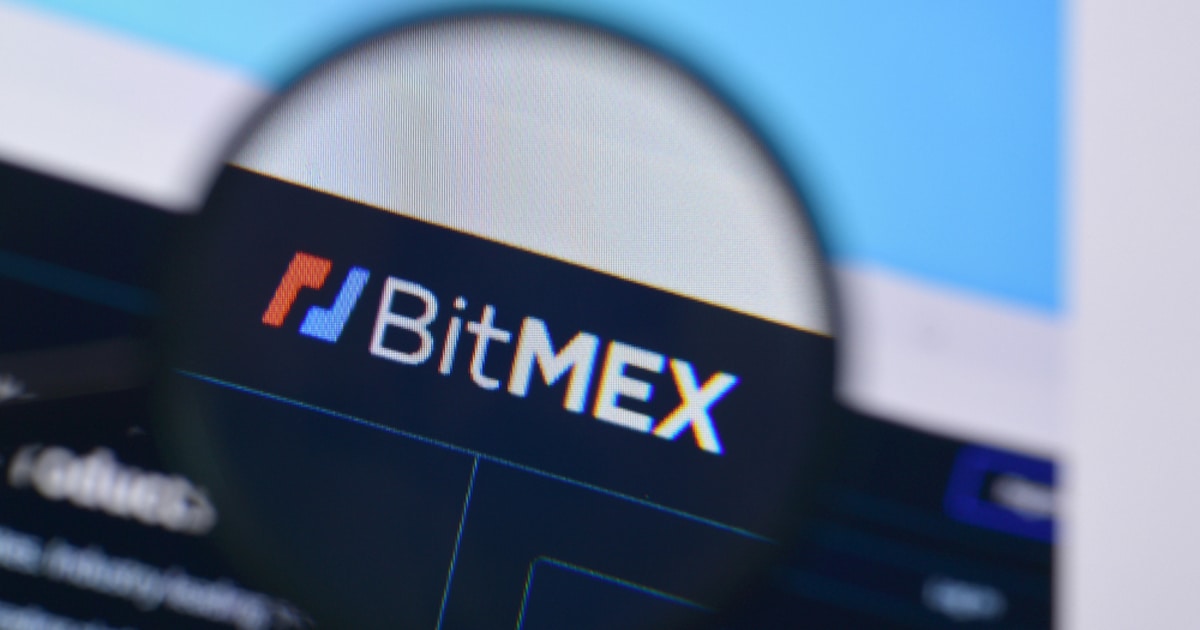

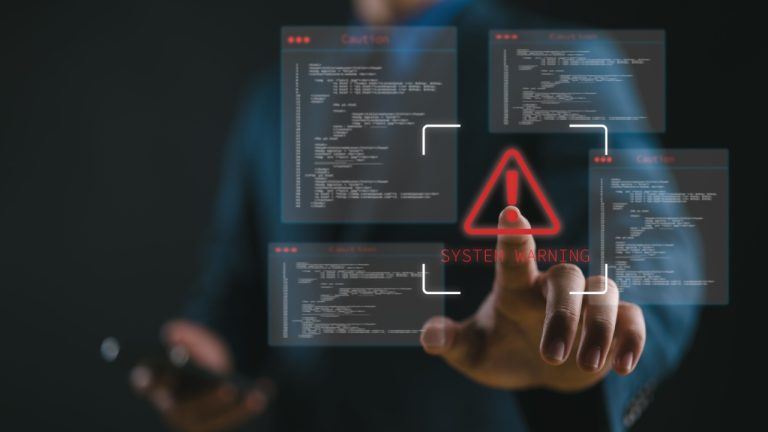
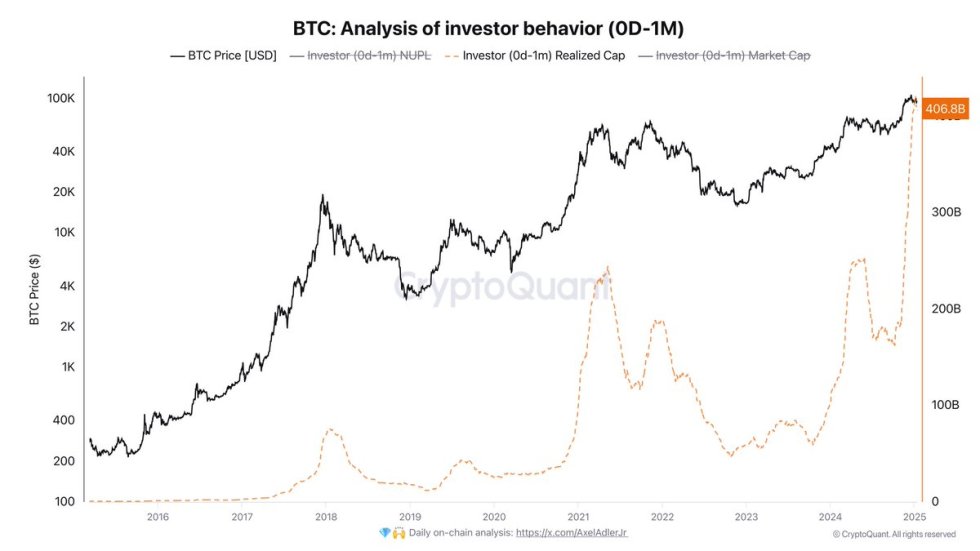



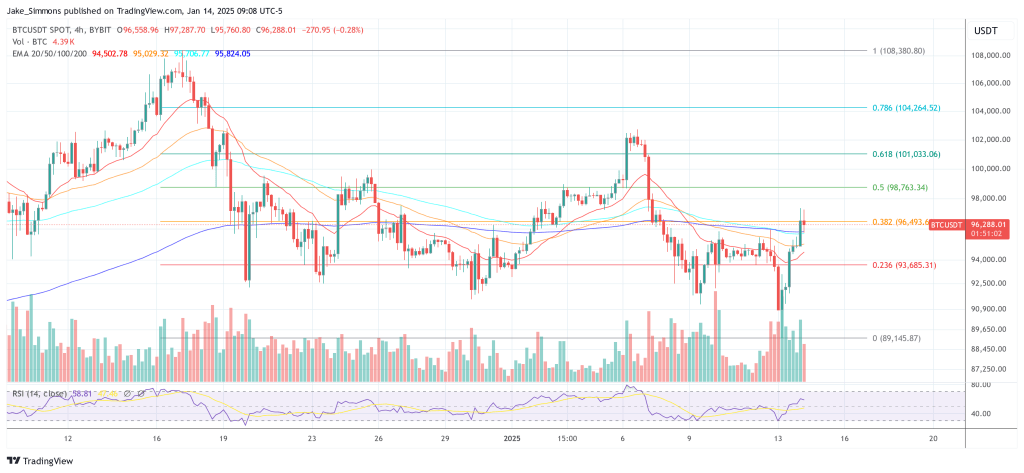
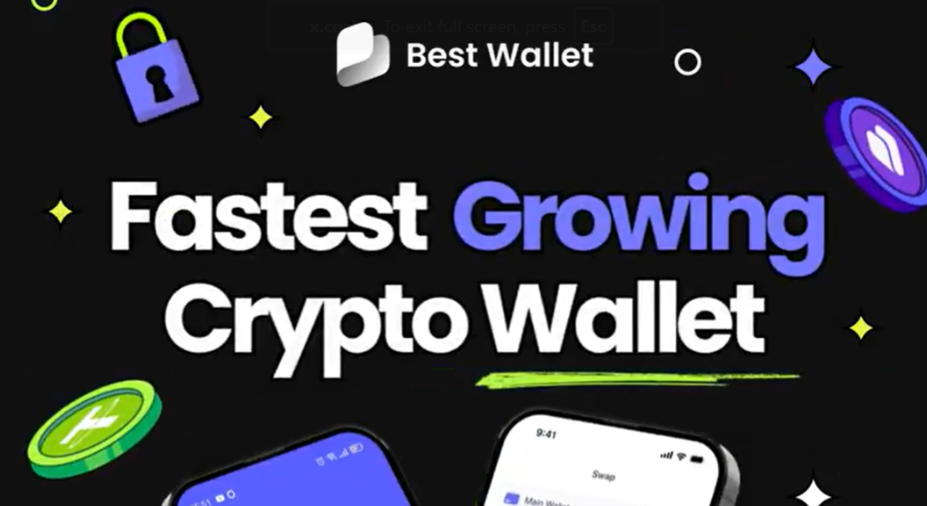


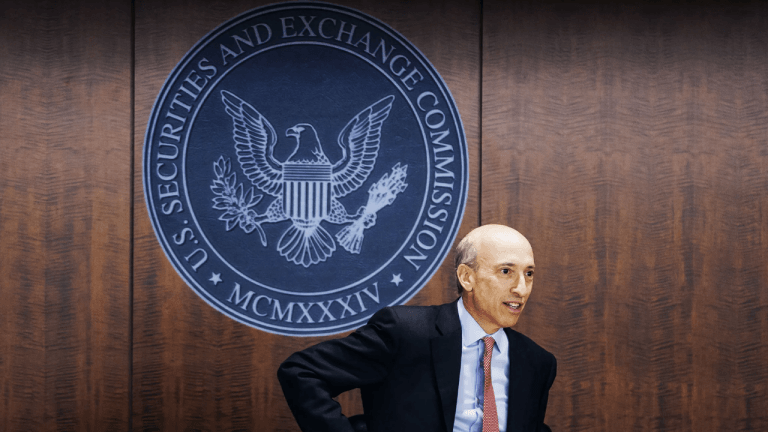


Comments